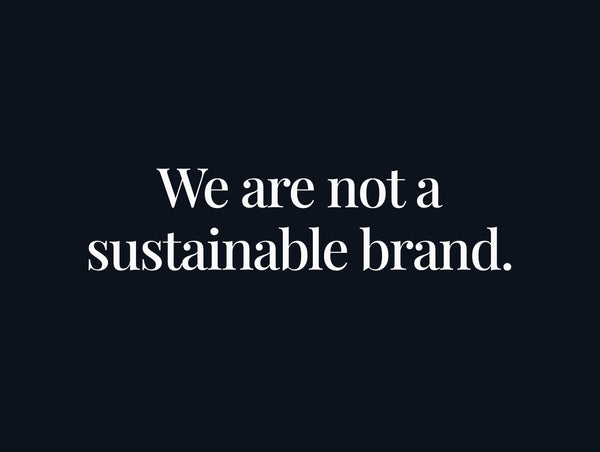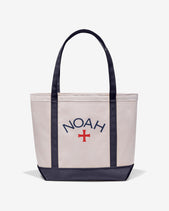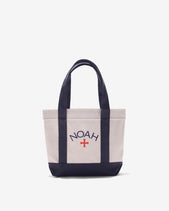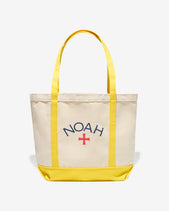
March 22 is World Water Day, a day of observance established by the United Nations in 1993. This year’s theme is Valuing Water, which touches upon both water’s cultural importance and its status as a central human right. For some perspective on the UN’s 6th Sustainable Development Goal (SDG 6), which is to achieve clean water and sanitation for all by 2030, we spoke with Neil Dhot, the Executive Director of AquaFed, The International Federation of Private Water Operators, which advises the UN and promotes water issues worldwide.
Could you give us an overview of how access to clean water relates to human rights?
The Human Right to Water and Sanitation acknowledges that these are essentials in every person's life. It was recognised by the United Nations General Assembly in 2010, and means everyone, without discrimination, is entitiled to sufficient, safe, acceptable, physically accessible and affordable water for personal and domestic use. Currently, more than 2 billion people around the world do not have access to safe drinking water.

It’s certainly the case that societies in the developed world take access to clean water for granted. We waste far too much because we think the taps will keep running.
Has privatization limited access to clean water in places where it’s not guaranteed?
Not necessarily in the sense of private companies taking public utilities hostage. In developing countries where water is scarce–typically in urban slums or rural areas–unlicensed and unregulated suppliers of bottled water are known to supply lower-quality water for a very high price. This can lead to reduced access if people cannot afford to pay.
There are also campaigns against private companies that sell bottled water taken from public sources like rivers, lakes, and aquifers. This is seen as another detriment of privatization, since it can limit or block access for people living near the sources.
However, privatization is not why more than 2 billion people around the world don’t have access to safe drinking water. Location, climate and geography are more salient factors in places like sub-Saharan Africa. Equally, mismanagement by public authorities, weak governance, and lack of regulation are also significant. They lead to a lack of confidence on the part of investors (both public and private) to invest in essential equipment and infrastructure to provide water. Water is heavy and cannot be transferred on a grid like electricity, so its composition is, in itself, a huge problem.
Privatization functions properly when companies work with governments to provide access to water and sanitation, and are subject to regulations. When a public authority retains control of the water supply, and sets the price and level of investment, privatization does not lead to limited access.
Can proper privatization lead to better water outcomes? And can it provide sustainable options for future generations?
Private companies have the technical expertise to provide sustainable solutions for future generations such as water reuse, smart water grids, etc. But for these to be brought into public use, they need adequate funding from local, state, and federal governments.
What are some progressive alternatives for getting clean water to those in need? And what isn’t working?
The ideas are there – they just need more investment and better cooperation. Water reuse technology is already being deployed across the world. Wastewater from homes and factories is capable, when treated, of being restored to such good quality people can drink it, and it can be used to refill aquifers. On the other hand, the construction industry still isn’t required to make the houses it builds greywater friendly, i.e., able to collect rainwater to be used in toilets or showers. Again, it all comes down to political will and the need to prioritize water issues.
Are we to blame for just accepting that water comes in a plastic bottle now?
It’s certainly the case that societies in the developed world take access to clean water for granted. We waste far too much because we think the taps will keep running. The World Water Day campaign and the social media listening exercise #water2me provided crucial perspectives from people who don’t know where their next drop of water will come from, or when it will arrive. For them, water is truly a matter of life and death.
What also came out clearly in this campaign was people saying that protection of water sources was the most important thing, and that the responsibility starts with all of us – every single person has a responsibility to respect our lakes and rivers and not pollute them and not waste water.

“Water is life.”
It’s as simple as that.
Is there something we could do as individuals to not only value clean water as a human right?
Spend less time in the shower. Close the tap while you are brushing your teeth. These little things can make a big difference. We’d do well to remember a quote offered many times through #water2me: “Water is life.” It’s as simple as that.
Lastly, can you talk to us about the UN’s goals for 2030 under the SDG 6 initiative?
I could spend all day on this, but in a nutshell, here are the targets for 2030:
- Universal and equitable access to safe and affordable drinking water for all.
- Access to adequate and equitable sanitation and hygiene for all and an end to open defecation, paying special attention to the needs of women and girls, and those in vulnerable situations.
- Improve water quality by reducing pollution, eliminating dumping and minimizing the release of hazardous chemicals and materials; halving the proportion of untreated wastewater and substantially increasing recycling and safe reuse globally.
- Substantially increase water-use efficiency across all sectors and ensure sustainable withdrawals and supply of freshwater to address water scarcity and substantially reduce the number of people suffering from water scarcity
- Implement integrated water-resources management at all levels, including through transboundary cooperation, meaning cooperation between neighboring countries.
- Protect and restore water-related ecosystems, including mountains, forests, wetlands, rivers, aquifers and lakes.
- Expand international cooperation and capacity-building support to developing countries in water- and sanitation-related activities and programmes, including water harvesting, desalination, water efficiency, wastewater treatment, recycling and reuse technologies

















